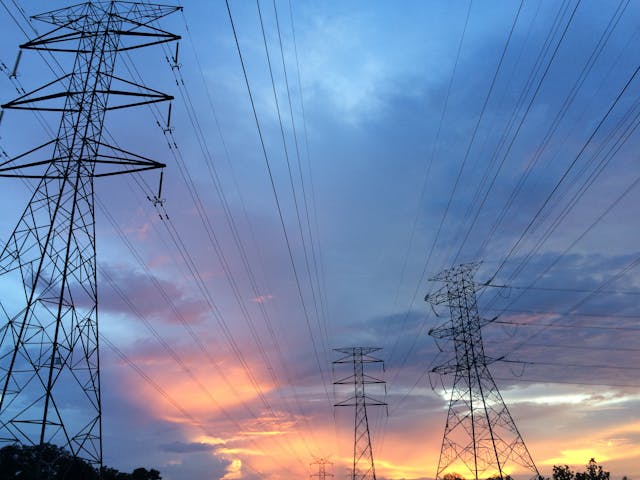
Any electrical equipment or installations located in potentially hazardous gas or dust atmospheres must undergo required electrical equipment in EEHA inspections. The equipment used or installed in these zones needs to be explosion-proof and graded with an Ex code, which identifies the level of security needed for the particular location’s threats. Our EEHA inspections will offer the essential supporting documentation to confirm that all installed electrical equipment is approved, suitable for its intended application, and secure for usage in hazardous areas. We exclusively employ seasoned, EEHA-certified inspectors who are experts in this type of inspection. When appropriate, we will provide recommendations for safety enhancements in our inspection reports for each piece of installed Ex equipment, record any non-conformances, and check compliance.
Benefits of EEHA inspections
Inspection Connect, which enables field access to data and forms published in our primary Completions Connect system, is the foundation of Field Mobility.
To protect you and your group
Industrial buildings frequently have hazardous regions near combustible materials that might ignite an explosive environment. If you operate in one of these sites, the possibility of containment failure and the ignition of an explosive environment is something you constantly worry about. Electrical equipment for EEHA inspection must be carefully built, certified, and subject to routine inspections and maintenance to ensure it doesn’t introduce an ignition source. This is to keep you and everyone else on the premises safe.
MAINTAINING STATUTARY COMPLIANCE WHILE ENGAGED IN ACTIVITIES
While many low-risk objects are maintained and inspected as part of EEHA compliance regimens, no additional attention is usually paid to higher-risk items, such as those that are exposed to harsh conditions or are otherwise more vulnerable to harm. By collaborating with our customers to identify and resolve any problems relating to inspection kinds, grades, or frequencies, bselectrical optimises EEHA inspection regimes.
A HAZARDOUS AREA AUDIT IS NEEDED FOR THE INSTALLATION WHEN?
It is important to note that electrical installations cannot be connected or reconnected under the Queensland Electrical Safety Act and located in a Queensland Hazard Area to power after electrical installation or road work cord is terminated, Unless:
- Certified hazardous area auditors verified electrical work.
- An accredited auditor has confirmed that the electrical installation has been tested to ensure that it is electrically safe and complies with the wiring rules and any other standards applicable to the installation. electrical installation in accordance with this provision, as long as electrical work affects it.
For our customers’ peace of mind, our team can conduct a thorough inspection of your hazardous area facility to make sure it is compliant and safe to run.